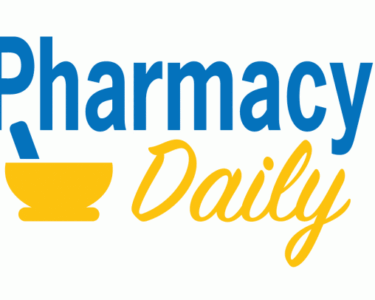MONASH University researchers have used a data mining tool typically used to pinpoint buyer behaviour patterns to evaluate the safety and repurposing potential of medicines.
The new study brought together medicine and technology expertise from the Centre for Medicine Use and Safety (CMUS) within the Monash Institute of Pharmaceutical Sciences and colleagues in the Faculty of Information Technology (FIT).
The research utilised data from the Australian Pharmaceutical Benefits Scheme (PBS) – over 300 million records – to identify associations between a wide range of medicines and three common chronic medical conditions: coronary heart disease, type 2 diabetes and epilepsy.
They analysed all the medicines each cohort was prescribed before those that were prescribed for their condition, with the team able to spot and categorise several patterns – including some unexpected ones.
For example, for coronary heart disease, there were links with cholesterol-lowering medicines and blood thinners, likely due to comorbidities.
Higher risk of type 2 diabetes was linked with use of antipsychotics, diuretics and statins, as expected, but medications for Parkinson’s (levodopa) or osteoporosis (denosumab) were linked to a lower risk – something the team is keen to investigate further.
They also observed many expected associations between antidepressants, antipsychotics and increased risk of epilepsy risk, while a common blood pressure-lowering medicine was unexpectedly linked to lower risk.
Practicing pharmacist Dr George Tan, a Research Fellow with CMUS and co-lead author, said the findings show how powerful prescription data can be in revealing the hidden connections between medicines and health outcomes.
“We think this study is a good example of how real-world data collected from routine delivery of healthcare – in this case, medication dispensing captured mostly at community pharmacies – can be incredibly useful for researchers to identify both harmful and new beneficial effects of medications,” Dr Tan told Pharmacy Daily.
Senior author Professor Geoff Webb from FIT said that AI is helping healthcare move from being reactive to proactive, and the same algorithms that predict what people buy may also help predict which medicines may work best for which patients – and which might pose hidden risks.
The team emphasised that the findings are early-stage and hypothesis-generating, and further studies are needed to refine and validate the signals.
“By adapting association discovery algorithms to healthcare, we can uncover meaningful relationships across millions of prescriptions, not to replace clinical research, but to help guide where that research should look next,” explained co-lead author Dr Lyn Miller from FIT.
Read the study HERE. KB
The post AI and PBS unlock potential medicine repurposing appeared first on Pharmacy Daily.

